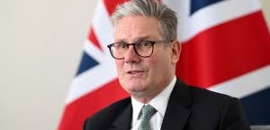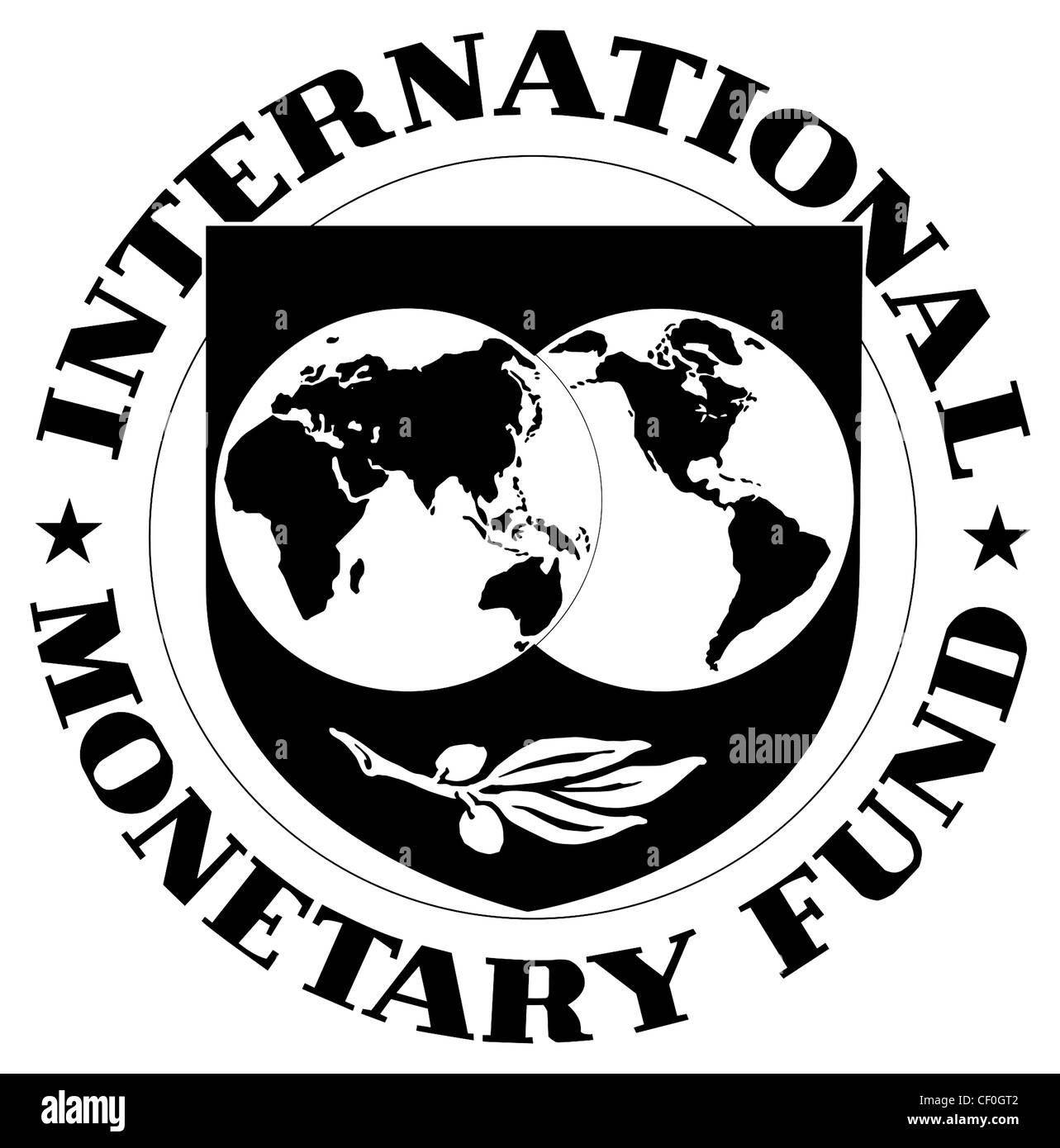
UK Set to Join Ghana, Estonia, Australia and Others with Digital, Multi-Purpose Identity Systems
Sep 27, 2025
by Chris Benyah Oct 16, 2025

October 16,2025
The International Monetary Fund (IMF) has forecasted that Ghana's debt-to-GDP ratio will reach 59.1 percent by the end of 2025, according to its October 2025 Fiscal Monitor Report released during the ongoing Annual IMF/World Bank Meetings.
The IMF's projection comes in slightly below the government's own target of 60 percent for the same period, signaling progress in Ghana's debt management efforts. The forecast suggests a continued downward trend in the coming years:
These projections indicate that by 2028, Ghana will surpass its debt sustainability target of 55 percent under the Extended Credit Facility (ECF) Programme.
According to the Bank of Ghana's Financial and Economic Data released in September, the country's debt-to-GDP ratio stood at 44.9 percent as of July 2025, representing approximately GH¢628.8 billion in total debt.
The variance between the current 44.9 percent ratio and the projected year-end figure of 59.1 percent raises questions about potential increases in debt levels or economic contraction in the remaining months of 2025. However, some analysts remain optimistic that ongoing debt restructuring efforts could lead to further reductions in the final debt stock by year's end.
The debt-to-GDP ratio serves as a critical indicator of a country's ability to meet its financial obligations. Economists favor this metric because it provides insight into:
While a higher ratio may suggest increased default risk, the actual debt management capacity depends on various factors including economic growth rates and the government's ability to service obligations without constant refinancing.
During a Fiscal Monitor briefing, Davide Furceri, Deputy Division Chief at the IMF Research Department, emphasized the importance of structural reforms to prevent future debt crises. His recommendations include:
Furceri noted that the IMF's debt projections are based on a post-debt restructuring scenario, reflecting Ghana's ongoing commitment to managing its liabilities responsibly.
The Government of Ghana has made significant strides in addressing its debt challenges:
The Ministry of Finance has successfully signed debt restructuring agreements with six bilateral partners, marking substantial progress in stabilizing public finances.
While bilateral debt restructuring has advanced well, negotiations with commercial creditors are still ongoing and nearing completion.
The government's debt management strategy for 2025-2028 aims to achieve an appropriate financing mix aligned with objectives outlined in Section 57 of the Public Financial Management (PFM) Act.
Government officials have pledged to maintain fiscal discipline and avoid returning to unsustainable debt accumulation patterns. The administration emphasizes that its debt management approach is:
As Ghana continues its journey toward debt sustainability, the positive trajectory projected by the IMF offers hope for economic recovery and fiscal stability. The country's ability to meet and exceed its 55 percent debt-to-GDP target by 2028 will depend on continued commitment to:
The coming months will be crucial as Ghana works to finalize remaining debt restructuring agreements and implement reforms necessary to secure its long-term economic future.
The IMF/World Bank Annual Meetings in Washington, D.C., provide a platform for global economic leaders to assess fiscal health and debt sustainability across developing economies.

Sep 27, 2025

Oct 05, 2025

May 14, 2025

Sep 21, 2025

Sep 29, 2025

Jul 23, 2025

Oct 17, 2025

Sep 27, 2025